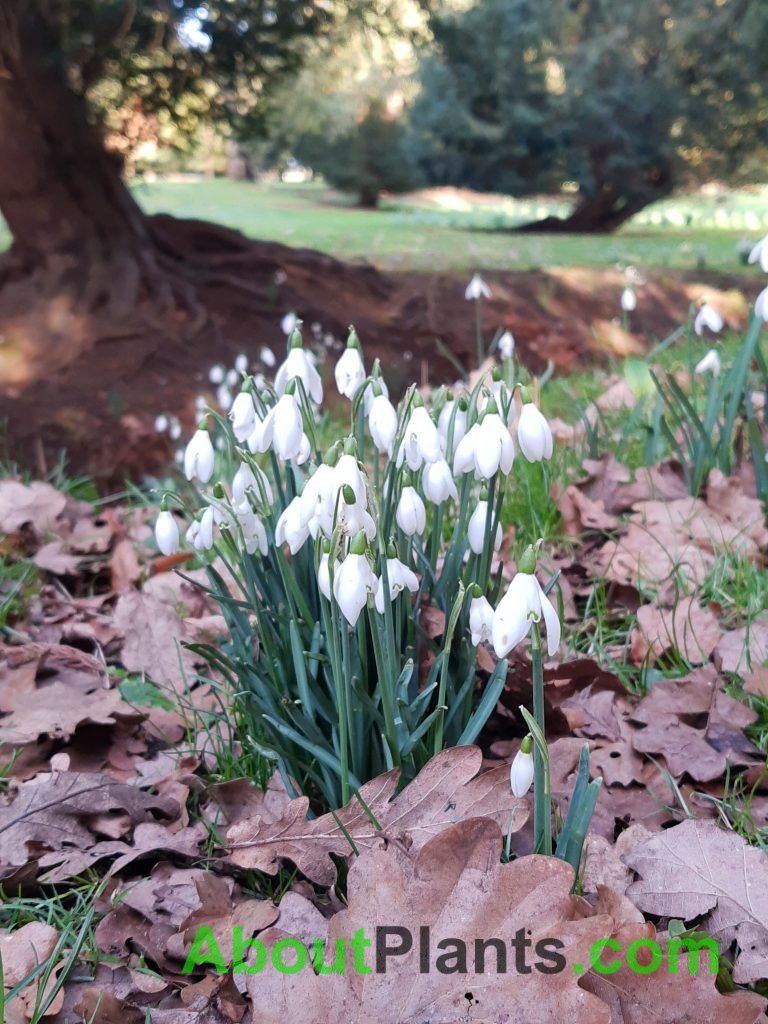Welcome to AboutPlants.com. This is a website developed to help those interested in plants, trees and shrubs to find the right plants for their home, gardens and workplace. We are interested in botany and aim to provide facts about plants from basic school-level education through to more advanced science.
Plants add colour and vibrancy to our environments as well as providing a habitat for many living things that work together to stabilise and optimise the ecosystem. Use the menu above to learn about specific plant varieties.

_______
Types of Plants
There are many types of plants and trees. We aim to separate each into indoor and outdoor varieties as well as breaking down the list by genus and species. For example, bonsai trees are considered indoor plants as well as outdoor plants (depending on the specialist) and (and correctly) fall under the category of tree.
There are exotic plants that are great indoors. These include cacti (Cactaceae), types of palm (Arecaceae) and popular carnivorous species such as the Venus fly trap (Dionaea muscipula). Incidentally, a palm is a flowering plant, not a tree. The name palm tree is derived from the tall nature of many palms and the trunk-like stem, which is actually an unbranched stem developed as the top leaves have been replaced with new leaves above. Read more about Arecaceae in the section of the site dedicated to this wonderful plant.
We bring you information about plants in order for you to identify individual species and decide what will suit your home and garden. We also have lots of gardening tips and inspiration, including choosing the correct soil and compost for your garden, as well as information about the types of equipment (from lawnmowers to secateurs) that may be best depending on your garden’s size and type of plants, trees and shrubs that you intend to grow.
Facts About Plants
There is a section within the Education tab that is related to facts about plants. This section details everything from statistics through to historical uses for some very interesting species. There is also information that relates to the traditional and alternative medical uses for some plants.
Products to Enhance the Garden
As well as plants, shrubs and trees, we will provide information about fertilisers and ways to reduce the impact of weeds. We are very driven to only use natural products that have limited harmful effects on the environment. However, we are aware that not everybody shares our philosophy on this and so we will recommend how to use the least amount of potentially harmful chemicals to keep weeds at bay; this is often by supplementing commonly available products with natural alternatives. For example, salt or a solution of diluted vinegar mixed with an ecological washing up liquid may have a similar effect on weeds growing on a patio or driveway as more synthetic options, but with limited risks to the wildlife and people in the garden. Check out the AboutPlants.com information about natural fertilizers if you are interested in organic and natural gardening.
Benefits of Plants to People
Many books have noted that being in nature has a positive effect on human physiology and mental health. For example, we were recently reading a book written by a popular UK doctor that suggested just small periods sitting in a garden help to boost mental state and productivity. This, according to the text, also was shown to impact other aspects of health such as people suffering from high blood pressure and obesity. We hope that you will find everything you need to know about the benefits of plants at About Plants. If you have anything that you would like to contribute to this site or have any comments in general, do not hesitate to get in touch through the Contact page.
Who About Plants are and why we are here
This site is contributed to by Richard. Richard is very interested in all things natural and believes that the more people understand the natural environment, the more future generations will benefit. This is why a site with information about plants was developed. Keeping a balanced ecological framework is key to the health of the world globally. Reducing forests and planted areas has an adverse effect on air quality. Equally, replacing gardens with synthetic materials instead, not only prevents the photosynthesis from plants that would otherwise be able to support the ecosystem, but also adds to waste when products that are not biodegradable (many artificial lawns for example) are sent to landfill at the point that they need replacing (perhaps every five to ten years depending on the quality).
This site is continually developing, and I am sure that you will appreciate that listing all popular species will take time. We will get there soon and appreciate your patience whilst we develop. If you are looking to hire staff or need a job relating to gardening, agriculture, botany or other outdoor events, check out Matched Employment, the new recruitment agency.
Thank you for visiting
